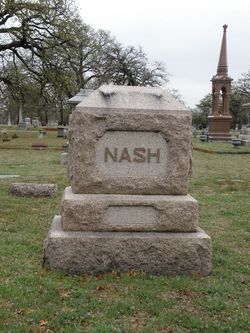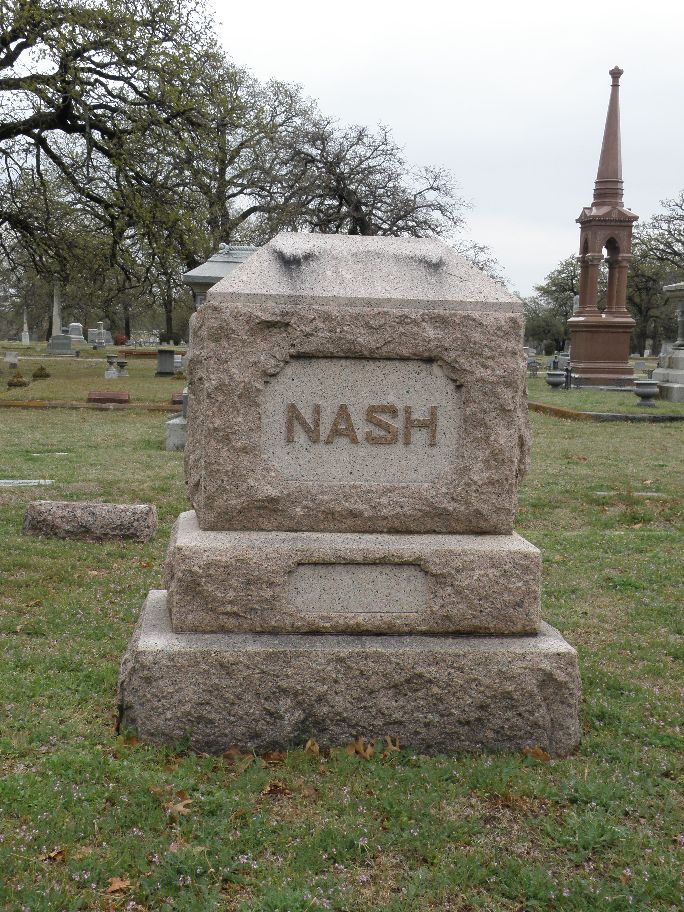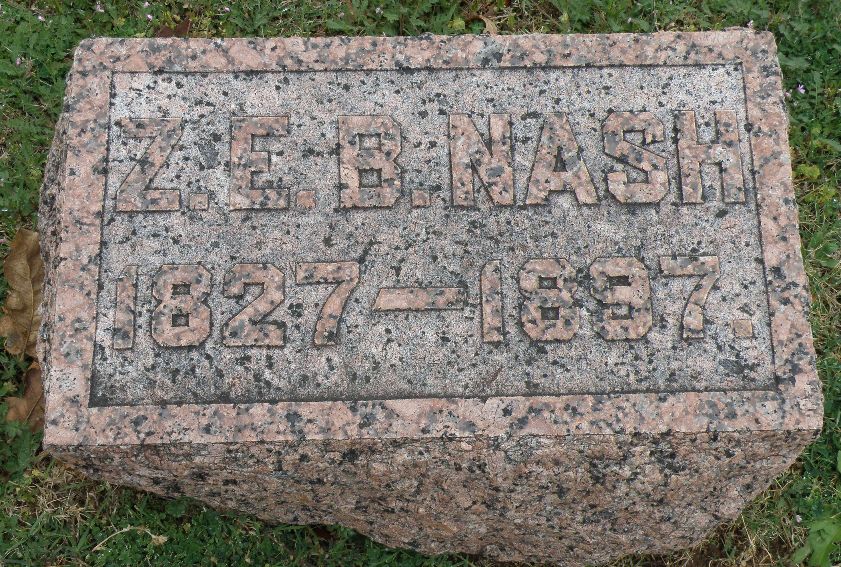The youngest son of Hiram and Sarah Nash of Penn Yan, N.Y., "ZEB" migrated West with his widowed mother, Sarah Beal Nash, his four siblings and his in-laws in 1851. They traveled first to Wisconsin, then to the newly opened frontier of Minnesota settlement in 1851-5. An enterprising and colorful local figure, in 1853 ZEB and his father-in-law (James Mills) built the 1st public hall (Central Hall) in St. Anthony( Later Minneapolis). This was a three story, frame building on the corner of Main and Bay Streets. Then he opened one of the first general stores in St. Anthony in 1854. As an entrepreneur, he fathered many local business schemes, including the first a Trans Mississippi River ferry line and steamboat line connecting the settlent of St. Paul, St. Anthony, Ft. Snelling and Minneapolis . He joined other early settlers in syndicating the first span bridge venture across the Mississippi at St. Anthony and joined his brothers, Edgar and George in setting up a tinware (stove and hardware) store on Washington Avenue in Minneapolis and then a second retail store in Duluth. MN .
ZEB was appointed Director of the St. Anthony Board of Trade (Chamber of Commerce) in 1857. During the Civil War he became an independent "sutler," supplying Minnesota troops with provisions and war supplies. In 1864 he transferred with the 6th Minnesota Rgt to New Orleans to requisition supplies for the long occupation of the city. ZEB wrote home then about the many new business opportunities in post-war South. He soon planned to remove from Minnesota with his family to start over in Texas where the cattle and land development business were booming. He did settle in Fort Worth, Texas in 1871. There he opened the first hardware store, supplying a wide array of tools, household equipment and even firearms. He expanded his business ventures, building on his earlier experiences in Minnesota. He was known as a creative and active businessman, constantly discovering new possibilities for profitable business activities. A classic frontier entrepreneur, he sought out risks/rewards needed to build new things in new places.
The youngest son of Hiram and Sarah Nash of Penn Yan, N.Y., "ZEB" migrated West with his widowed mother, Sarah Beal Nash, his four siblings and his in-laws in 1851. They traveled first to Wisconsin, then to the newly opened frontier of Minnesota settlement in 1851-5. An enterprising and colorful local figure, in 1853 ZEB and his father-in-law (James Mills) built the 1st public hall (Central Hall) in St. Anthony( Later Minneapolis). This was a three story, frame building on the corner of Main and Bay Streets. Then he opened one of the first general stores in St. Anthony in 1854. As an entrepreneur, he fathered many local business schemes, including the first a Trans Mississippi River ferry line and steamboat line connecting the settlent of St. Paul, St. Anthony, Ft. Snelling and Minneapolis . He joined other early settlers in syndicating the first span bridge venture across the Mississippi at St. Anthony and joined his brothers, Edgar and George in setting up a tinware (stove and hardware) store on Washington Avenue in Minneapolis and then a second retail store in Duluth. MN .
ZEB was appointed Director of the St. Anthony Board of Trade (Chamber of Commerce) in 1857. During the Civil War he became an independent "sutler," supplying Minnesota troops with provisions and war supplies. In 1864 he transferred with the 6th Minnesota Rgt to New Orleans to requisition supplies for the long occupation of the city. ZEB wrote home then about the many new business opportunities in post-war South. He soon planned to remove from Minnesota with his family to start over in Texas where the cattle and land development business were booming. He did settle in Fort Worth, Texas in 1871. There he opened the first hardware store, supplying a wide array of tools, household equipment and even firearms. He expanded his business ventures, building on his earlier experiences in Minnesota. He was known as a creative and active businessman, constantly discovering new possibilities for profitable business activities. A classic frontier entrepreneur, he sought out risks/rewards needed to build new things in new places.
Family Members
Advertisement
Advertisement
















